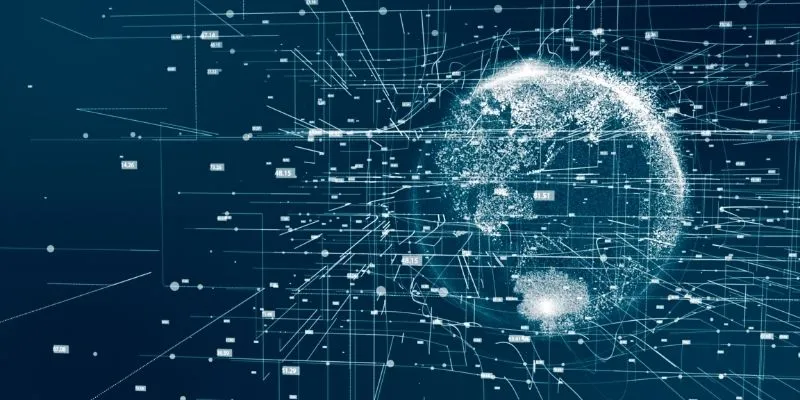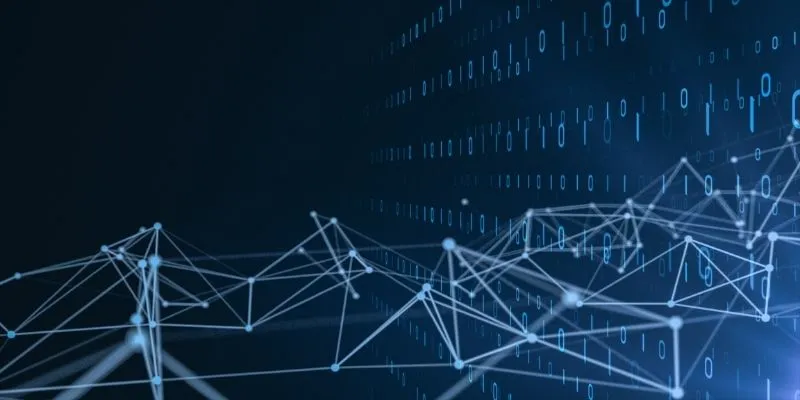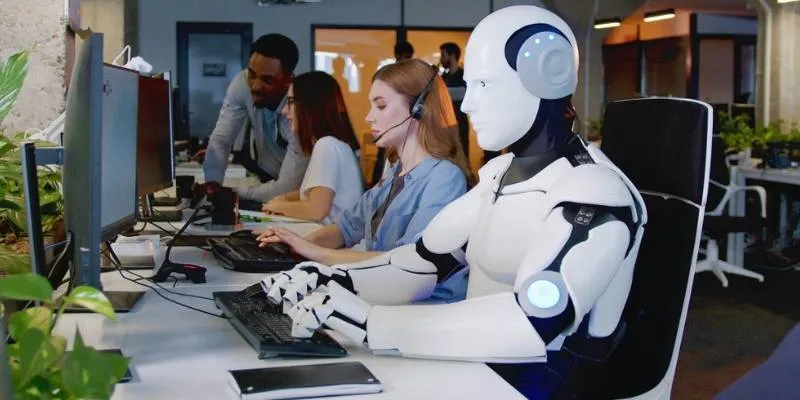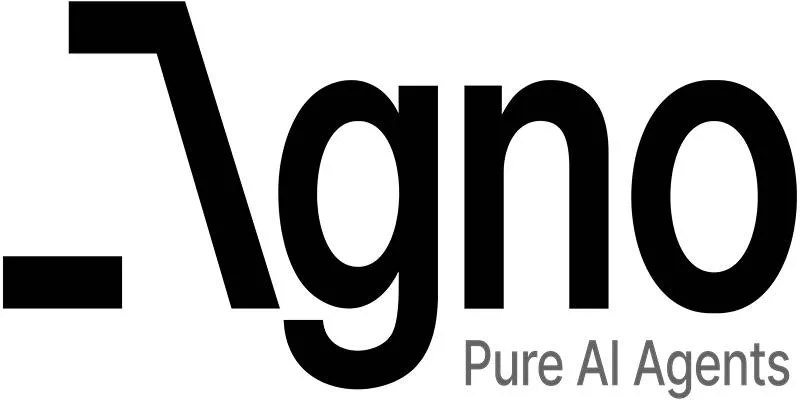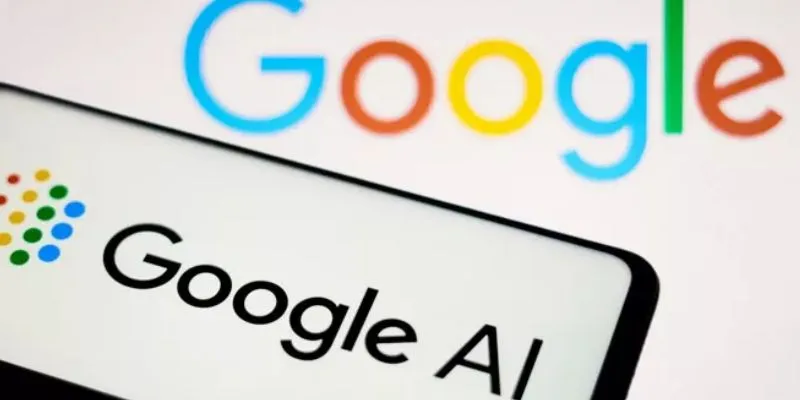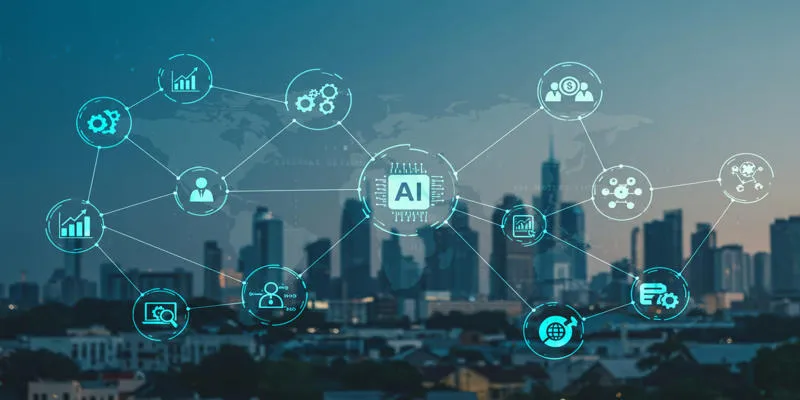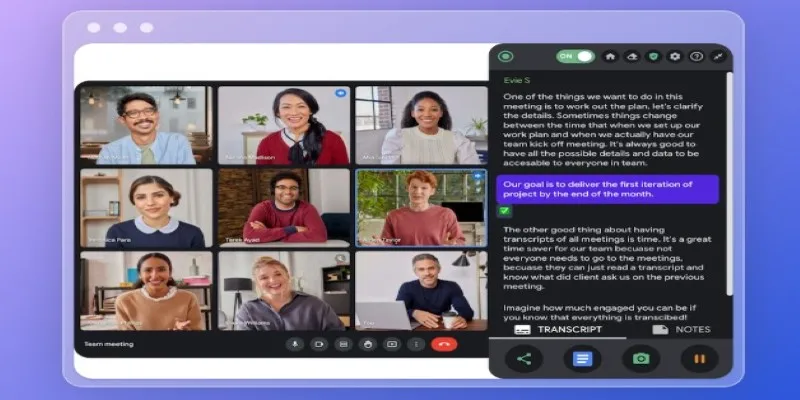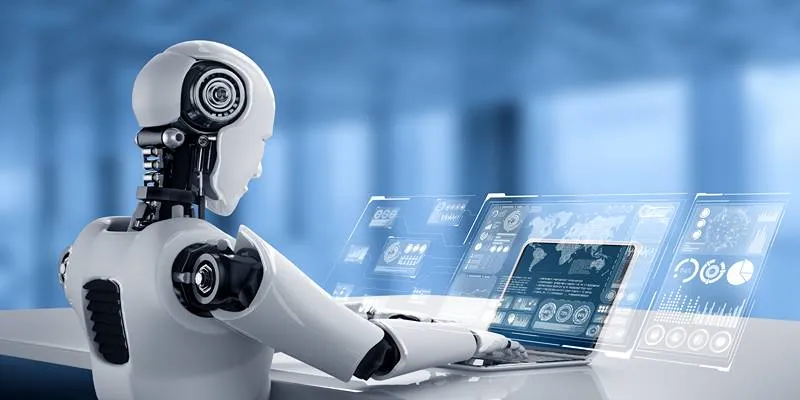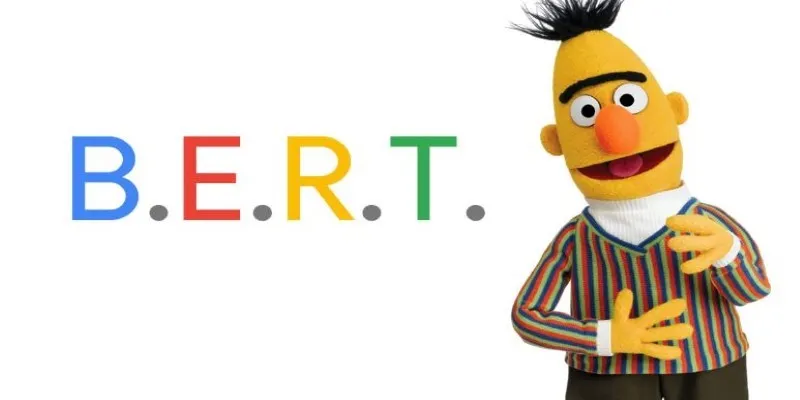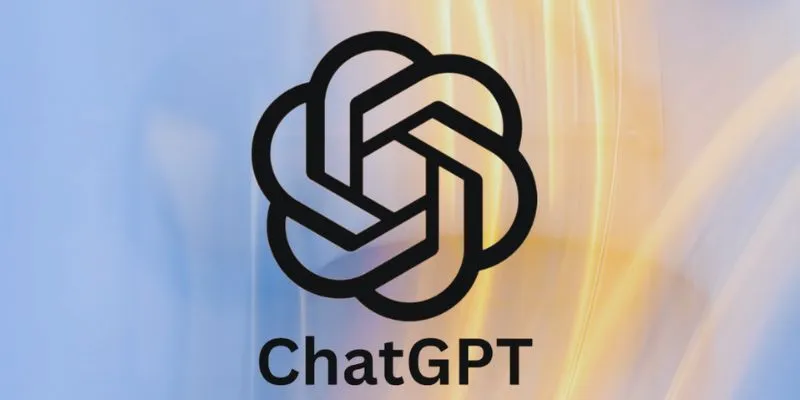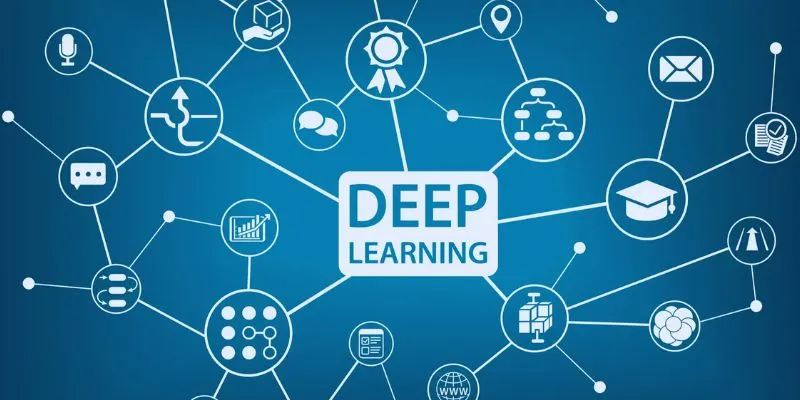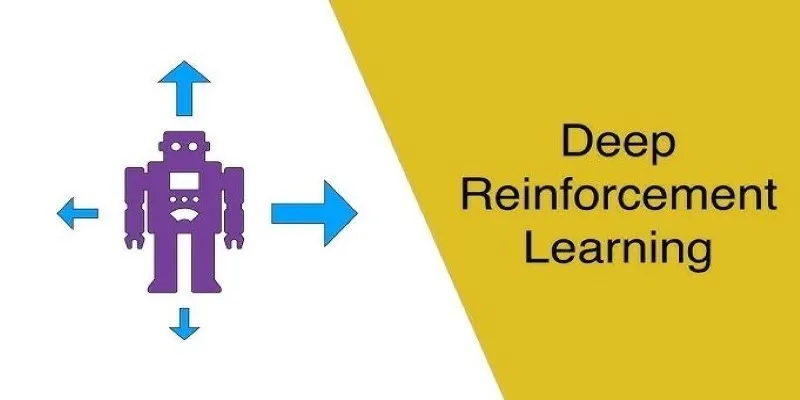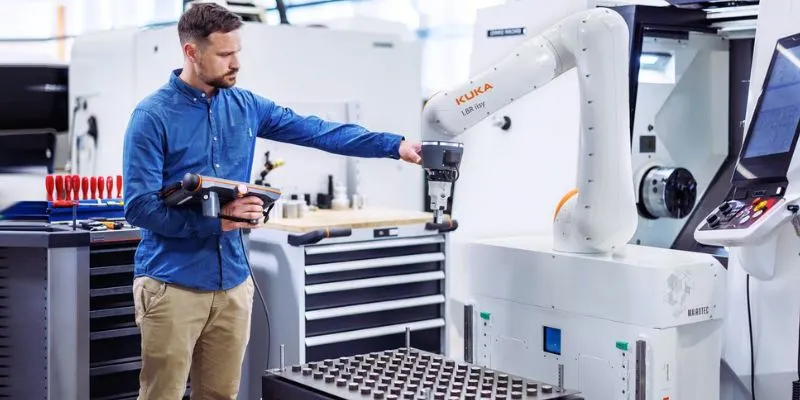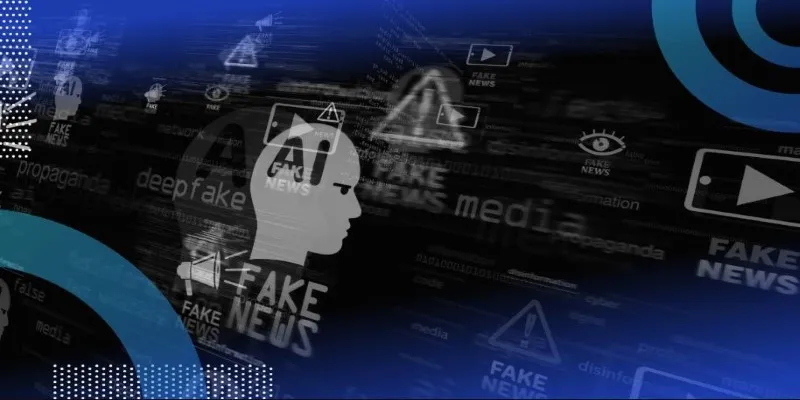Artificial Intelligence (AI) and automation are rapidly transforming how we live and work. For Gen Z, these advancements offer exciting opportunities like enhanced technology and smarter tools. However, they also raise concerns about job security and the future of work. This combination of excitement and anxiety significantly influences how Gen Z perceives the fast-evolving world around them.
Why Gen Z is Drawn to AI and Automation

Tech-Native Mindset
Gen Z is the first generation to grow up entirely in a digital environment. Smartphones, social media, and search engines have been integral parts of their lives since childhood. This natural affinity for technology makes them more likely to view AI and automation as empowering tools for solving problems, rather than intimidating unknowns.
For example, AI-driven tools like AI Writer for content creation, Runway for image generation, and ChatGPT for conversation assistance are becoming staples in creative workflows. These tools enable young professionals to achieve more with fewer resources, leveling the playing field like never before.
Career Advancements
AI fuels optimism in areas like career mobility, particularly for roles in engineering, IT, data analysis, healthcare, and marketing. Automation reduces administrative burdens, allowing workers to focus their energy on high-impact, creative tasks.
A report from Deloitte highlights that 77% of Gen Z professionals are interested in exploring digital learning options to acquire the skills needed to thrive in an AI-driven workplace. The opportunity to harness AI in their careers aligns with their search for job growth, flexibility, and digital savviness.
A More Sustainable Future
Sustainability is a pressing issue for Gen Z, and AI is paving the way for environmentally conscious innovation. AI-driven systems optimize energy consumption in smart cities, reduce food waste with predictive algorithms, and support advances in green energy technologies.
For a generation deeply invested in sustainability, these innovations fuel a sense of hope and align with their desire to contribute meaningfully to solving global challenges.
The Growing Anxiety About AI
1. Job Loss & Automation Anxiety
Despite its potential to enhance careers, automation raises legitimate concerns about job displacement. According to a report by the World Economic Forum, automation is expected to eliminate 85 million jobs globally by 2025 while creating 97 million new ones.
While the net opportunity seems positive, many roles traditionally considered ‘safe’ are now at risk. Fields like customer service, logistics, and assembly line manufacturing are experiencing increased automation, leaving employees uncertain about their futures.
For Gen Z, just starting their careers in these roles, the uncertainty compounds their worries. Entry-level jobs, historically critical for gaining work experience, may soon be replaced by AI-driven systems.
2. Ethical Dilemmas & Bias
AI is only as unbiased as the data it’s trained on, and Gen Z is vocal about the problematic side of this. When AI models absorb biased content, whether in hiring systems or facial recognition software, they perpetuate stereotypes and create inequities.
For a generation strongly committed to advocacy and allyship, these ethical concerns are top of mind. How can technology represent progress if it reinforces existing social issues?
3. Fear of Falling Behind
AI evolves at an intimidating pace. Generative models, predictive algorithms, and robotics continue advancing so rapidly that individuals feel they must “stay ahead” to remain employable.
A survey conducted by LinkedIn found that 46% of young professionals worry about lacking the skills needed to thrive in an automated world. The pressure to continually upskill, without clear guidance or accessibility, can be overwhelming.
Striking a Balance Between Optimism and Mitigation
Preparing for the Future
For Gen Z, the key lies in proactive adaptation. Educational institutions and employers play a crucial role in reducing fears surrounding AI while maximizing its positive impact. Increased access to AI-focused courses, apprenticeships, and workshops helps Gen Z gain the skills and confidence needed for thriving careers amid automation.
Governments and organizations can also prepare the workforce by offering transparent policies on AI ethics and social safety nets for displaced workers. Training programs that focus on emerging job categories, such as AI ethics consultants and automation specialists, could guide Gen Z to new opportunities.
Leveraging AI Responsibly
The integration of AI doesn’t mean erasing humanity’s role; rather, it can expand it. Many innovations are meant to complement human skills, not replace them. For example:
- Customer Service: AI tools can handle FAQs, but human agents are still needed for conflict resolution and empathy.
- Marketing & Design: AI might create engaging copy or designs, but creative directors shape the ultimate vision of campaigns.
By finding this synergy, workplaces allow Gen Z to thrive creatively while easing anxieties about redundancy.
Keeping the Ethics in Check
Gen Z recognizes the importance of accountability in technology. Advocacy for regulations around AI data usage, facial recognition privacy, and algorithmic transparency is increasing. Open dialogue between tech developers, policymakers, and society ensures AI grows responsibly, reducing biases inherent in automated systems.
Why AI Is a Catalyst for Change

While concerns around AI encroaching on job stability, ethics, and equality are real, they’re part of a deeper cultural shift this generation is navigating. The dual role of technology in our lives, both enhancing and disrupting, is nothing new. Just as the Industrial Revolution completely transformed societies over time, AI is also ushering in a new era of change.
Gen Z’s ability to blend their foundational tech knowledge with advocacy, sustainability, and creativity positions them to lead this charge. Despite its complexities, AI is a tool of empowerment, and its success hinges on striking the right balance between optimism and mitigation.
Conclusion
The rise of AI presents both opportunities and challenges, and how we adapt to its integration will shape our future. By fostering a mindset of responsibility and innovation, we can harness AI’s potential to solve global issues, drive sustainable growth, and improve lives. It is up to current and future generations, particularly those equipped with a deep understanding of technology and its implications, to ensure AI development remains a force for good.
 zfn9
zfn9




